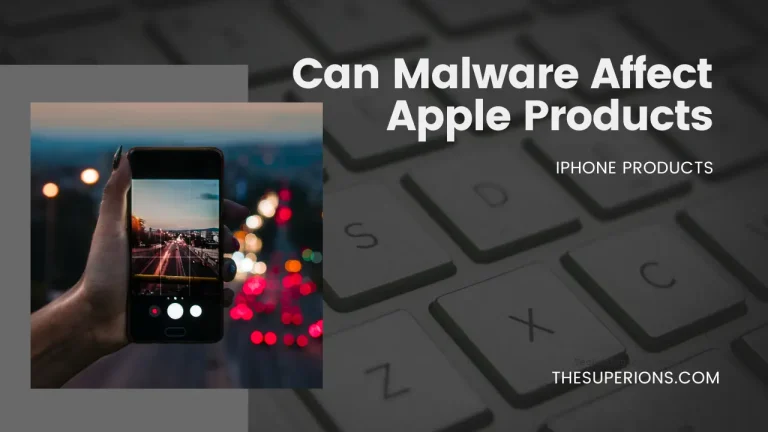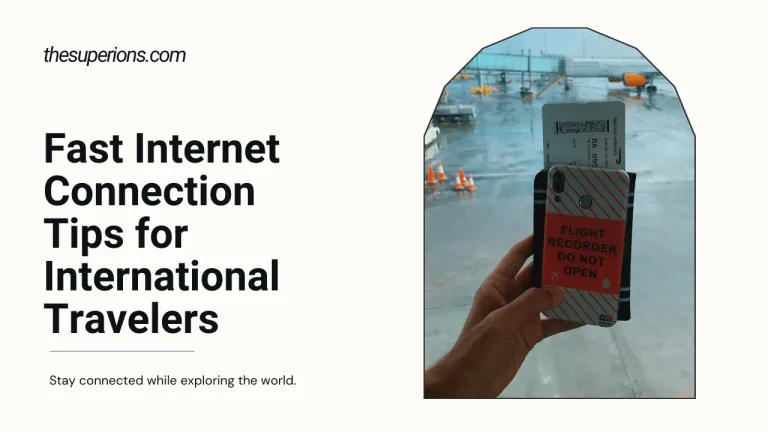Guardians of the Digital Realm: 8 Tips For Ensuring Security in Digital Marketing
To create captivating campaigns in digital marketing, one must possess essential customer data. This valuable information unveils insights into customers’ preferences, their perception of your business, and their future expectations. Unfortunately, cybercriminals also covet customer data, seeking to exploit it for illicit purposes. Therefore, the collection and handling of customer data should remain at the forefront of your daily work. The issue of cyber risks and protecting digital marketing from cyber attacks is now quite sensitive. However, there are relatively simple tools for protection and we will discuss them below.

Digital Marketing Security Tips
1. Update Your Software
This advice is frequently reiterated in the cybersecurity field, and there is a good reason for it. Staying proactive with updates is crucial to prevent mishaps such as ransomware or viruses. Begin by updating your operating system and the applications you utilize regularly.
Here’s the catch – updates typically incorporate security patches alongside new features and quality improvements. By simply clicking a few buttons and patiently waiting, you can save yourself from a multitude of future troubles.
2. Use Safe Browsers
You can protect yourself from those who want to eavesdrop, intercept, or hack you by using more secure browsers. Few web browsers place security as a cornerstone. One of them is the safe Tor Browser. This does not mean that using a Tor browser guarantees security in itself. You should familiarize yourself with Tor risks so as not to overestimate its capabilities. VeePN has a whole review on this topic, as well as a free trial tool for strengthening protection in any browser.
3. Don’t Store Too Much Data
Almost every piece of data holds potential value, but it’s important not to go overboard. To prevent data hoarding, start by identifying the source of the excess data. Ideally, you should only collect the information you sincerely need for marketing purposes. However, implementing this can be more challenging than it sounds. Evaluating and assessing all the data you gather and store requires time, but it’s a crucial step to avoid unnecessary vulnerability for your business.
Once you determine which data is worth keeping and which isn’t, ensure proper storage to minimize the risk of data breaches. Remember, data breaches are a serious matter. You may also read Advance Marketing Skills.
4. Limit Account Access
Multiple digital campaigns require your team to be cautious about the security of online accounts. Hackers can exploit vulnerabilities in these accounts to steal sensitive information, including credit card numbers and bank account details. Limiting access to devices and accounts to authorized personnel helps mitigate such risks. Additionally, employing strong passwords and enabling two-factor authentication enhances security. In this approach, employees need to provide two forms of identification, typically a password and an additional code sent via text message or email. This practice safeguards sensitive information against unauthorized access by hackers.
5. Give Encryption Priority
Encryption has become an integral part of technology, serving various purposes such as crypto and end-to-end messaging. By converting data into ciphertext, it provides a formidable defense against scammers and hackers, securing your information.
To safeguard your devices when using public, and often unencrypted, WIFI networks for work, it is advisable to implement encryption. Public WIFI networks are notorious for man-in-the-middle attacks, which occur when a hacker intercepts your connection and gains access to your transmitted data.
6. Educate Employees
To ensure the marketing security of your business, it is vital to involve all members of your team rather than relying solely on the IT department. Many cyberattacks on companies stem from human errors, like employees unintentionally clicking on incorrect links. Take the opportunity to educate your staff about marketing threats and their role in safeguarding the firm. Implementing security awareness and training measures greatly contributes to the protection of your business and customers, suitable for both enterprises and SMBs.
7. Get Rid of Bots
Using bots for your digital marketing strategy offers several advantages. They enable consistent communication with customers, allowing you to personalize promotional messages, and ensuring a human-sounding tone. However, beware of malicious providers who manipulate your data to boost hackers’ revenue. Moreover, Read about What is Verizon Lock? and How its work.

8. Back Up Data Regularly
If you operate a professional website, it is crucial to regularly back up your data to maintain its integrity. Losing data due to a web hosting company closing down or server issues can be a significant concern. However, having backups in place eliminates this worry since it safeguards your information against potential corruption or loss.
One way to achieve this is by utilizing a cloud-based service to store your files online. Additionally, investing in a high-capacity hard drive offers another option to maintain copies of your data. Regardless of the approach you choose, these solutions provide peace of mind, assuring you that even in the face of a web server disaster, you can still restore your company and client data.
Conclusion
Marketers must work with customer data to understand them better and create more effective, personalized marketing campaigns. Data security requirements are not a reason to abandon them, especially since improving cybersecurity is not that difficult. Follow the tips from this review and you will succeed.





